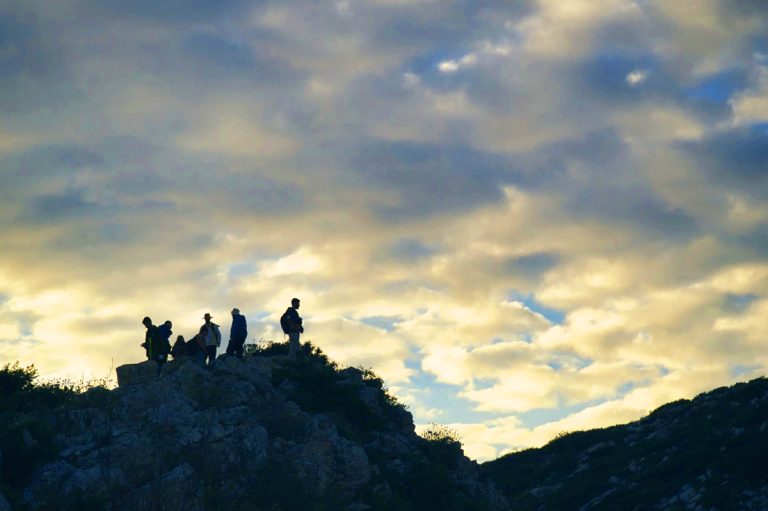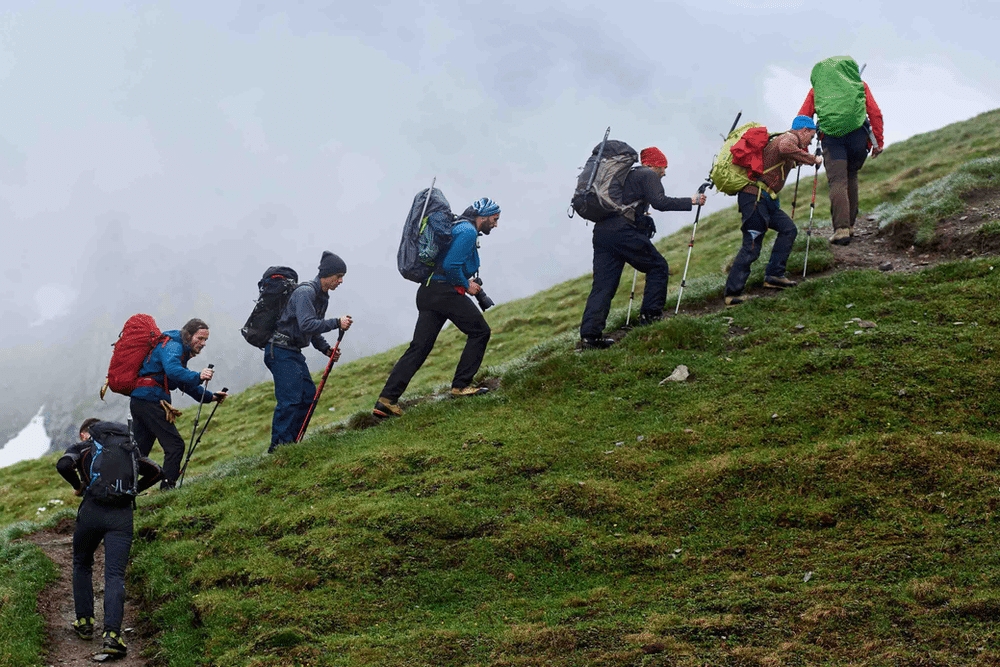
The zipline rider sped down the zipline at up to 132 kph. At the end of the zipline, he hit the spring brake, and his safety lanyard failed. The rider fell to his death.
A knot had been tied in the lanyard, weakening the safety attachment. The zipline operator was cited for a Serious Violation of the USA’s federal occupational and health standard, which says “A competent person or qualified person must inspect each knot in a lanyard or vertical lifeline” to ensure it meets safety requirements.
This raises the question, what is a competent person or a qualified person?
And do I need one for my outdoor recreation, adventure tourism, outdoor education, travel, wilderness or experiential education program?
What Is a Competent Person? What is a Qualified Person?
The terms “competent person” and “qualified person” may be used in everyday conversation, but they also have specific definitions in the occupational safety context, and in specific outdoor and adventure activities.
These specific definitions vary from jurisdiction to jurisdiction, sometimes in subtle ways.
Occupational Safety and Health Administration (USA)
In the USA, that country’s national workplace safety regulator, the Occupational Safety and Health Administration (OSHA), defines a competent person as “one who is capable of identifying existing and predictable hazards in the surroundings or working conditions which are unsanitary, hazardous, or dangerous to employees, and who has authorization to take prompt corrective measures to eliminate them.”
A “qualified” person is different, however. OSHA defines qualified as “one who, by possession of a recognized degree, certificate, or professional standing, or who by extensive knowledge, training, and experience, has successfully demonstrated his ability to solve or resolve problems relating to the subject matter, the work, or the project.”
A competent person has to be able to identify hazards, and must have the authority to address them.
A qualified person might not be able to do either.
However, a qualified person has other capacities.
For example, in a high ropes challenge course setting, a competent person, such as a challenge course facilitator, must be capable of identifying challenge course hazards like an inadequate belay system, and have the authority to eliminate the hazard or stop the activity until the issue has been corrected—for example, by having the belayer use proper technique.
A qualified person, in contrast, would be needed to design the acceptable belaying systems, such as specifying the equipment and persons used in a dynamic or top belay.
In some settings, a competent person is required to be on site, while a qualified person is not.

Association for Challenge Course Technology
The Association for Challenge Course Technology (ACCT), in their Challenge Courses and Canopy/Zip Line Tours Standards, has established similar definitions, specific to their industry.
In ACCT’s standard, a “competent person” has been defined as “a person possessing the skills, knowledge, experience, training and judgment to perform assigned tasks or activities satisfactorily as determined by the employer, industry standards, or authority having jurisdiction.” A competent person, according to ACCT, acts under the supervision of a qualified person.
ACCT has defined “qualified person” as “an individual who, by possession of a recognized degree, certificate, or professional standing; or who, by possession of extensive knowledge, training, and/or experience in the subject field, has successfully demonstrated ability in design, analysis, evaluation, installation, inspection, specification, testing, or training in the subject work, project, or product, to the extent established by this standard.”
Climbing Wall Association
The Climbing Wall Association (CWA), in their 2009 General Specification for the Design and Engineering of Artificial Climbing Structures standard, offers similar definitions:
Competent Person: A person possessing the skills, knowledge, experience and judgment to perform assigned tasks or activities satisfactorily as determined by the employer or other authority.
Qualified Person: An individual with a recognized degree, professional certificate, training, experience, extensive knowledge in the subject field or who is capable of design, analysis, evaluation and specification in the subject work, project, or product to the extent required by this standard.
South Africa
The South African government’s Code of Practice for commercial zip line and aerial adventure parks does not define “qualified person,” but defines “competent person” to mean “a person who has in respect of the work or task to be performed, the required knowledge, training and experience and, where applicable, qualifications, specific to that work or task.”
Association for Experiential Education
The Association for Experiential Education’s Accreditation Standards for Adventure Programs define a “qualified person” as “an individual who, by possession of a recognized degree, certificate, or professional standing; or who, by possession of extensive knowledge, training, and/or experience in the subject field, has successfully demonstrated ability in design, analysis, evaluation, installation, specification, testing, or training in the subject work, project, or product, to the extent established by this standard.”
AEE does not define “competent person,” but defines “competence” as “the ability to do something well that is normally measured against a standard and abilities acquired through qualifications, experience, and training.”
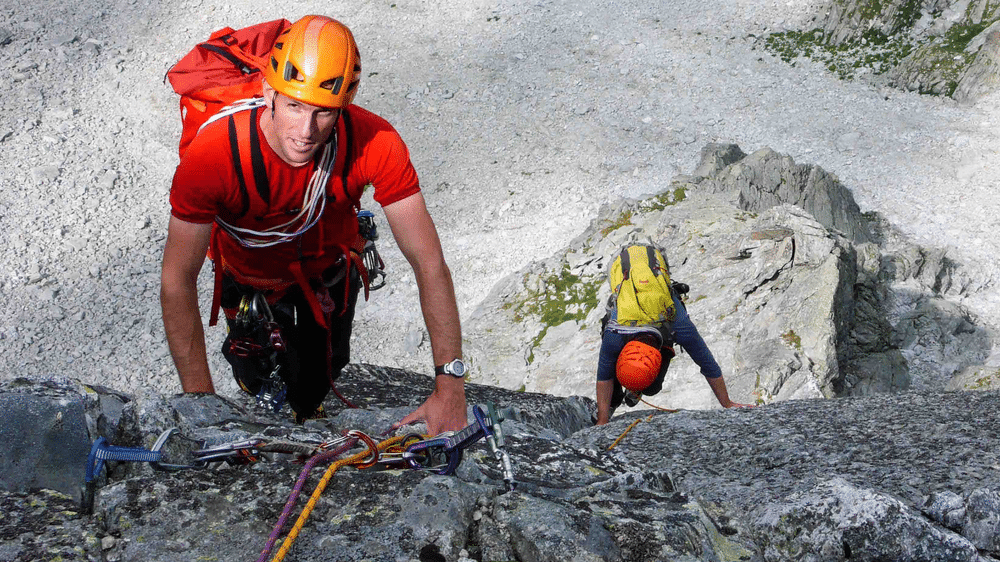
When Is a Competent or Qualified Person Required?
In general, it’s always a good idea to have competent or qualified persons engaged whenever appropriate to address hazards. In some circumstances, however, specific requirements for employing competent or qualified persons in certain outdoor, experiential and adventure activities are written into law.
Switzerland
Switzerland’s Federal Act on Mountain Guides and Organisers of other High-Risk Activities regulates activities of mountain guides and certain snow sports instructors, as well as canyoning, bungee jumping, river rafting and whitewater rafting.
The Act requires that any person who offers covered activities must “ensure that staff are adequately qualified.”
The legislation describes how this qualification can be demonstrated. For example, a mountain guide can hold a Federal Professional Education and Training Diploma as a Mountain Guide. Similarly, a snow sport instructor may be granted a license to guide clients if they hold a Federal Professional Education and Training Diploma as a snow sports instructor.
The related Ordinance on Mountain Guides and Organisers of other High-Risk Activities states that climbing instructors may be granted a license if they are a Climbing Instructor with Federal PET Diploma. A whitewater sports guide may be granted a license if they are a Canoeing Instructor with Federal PET Diploma.

New Zealand
Providers of certain adventure activities in New Zealand are legally required to meet competence requirements.
Covered activities include most abseiling, bungy jumping, canoeing, canyoning, caving, high ropes courses, kayaking, mountaineering, climbing, and skiing activities, among others.
The Safety Audit Standard of New Zealand’s Adventure Activities Regulations specifies that adventure activity staff “have the required competence for their assigned tasks or are directly supervised by someone with the required competence.”
The adventure activity operator must also conduct reviews of their adventure activities by “people with current competence in the activity.”
Companies that fail to meet these standards can lose their registration, which is required by commercial operators in order for them to legally provide adventure activities.
United Kingdom
In the UK, under the Adventure Activities Licensing Regulations, certain adventure operators must obtain a license before they can offer adventure activities.
Under the regulations, operators must:
- appoint a sufficient number of competent and adequately qualified instructors, and
- have competence in safety matters, or appoint competent persons to advise on safety matters.
The UK government’s Approved Code of Practice providing guidance on the regulations provides a detailed list of “qualifications” (typically referred to in the USA as “certifications”) that help demonstrate technical competence. These come from national awarding bodies such as British Canoeing, British Caving Association, Royal Yachting Association, and the Scottish Rafting Association.
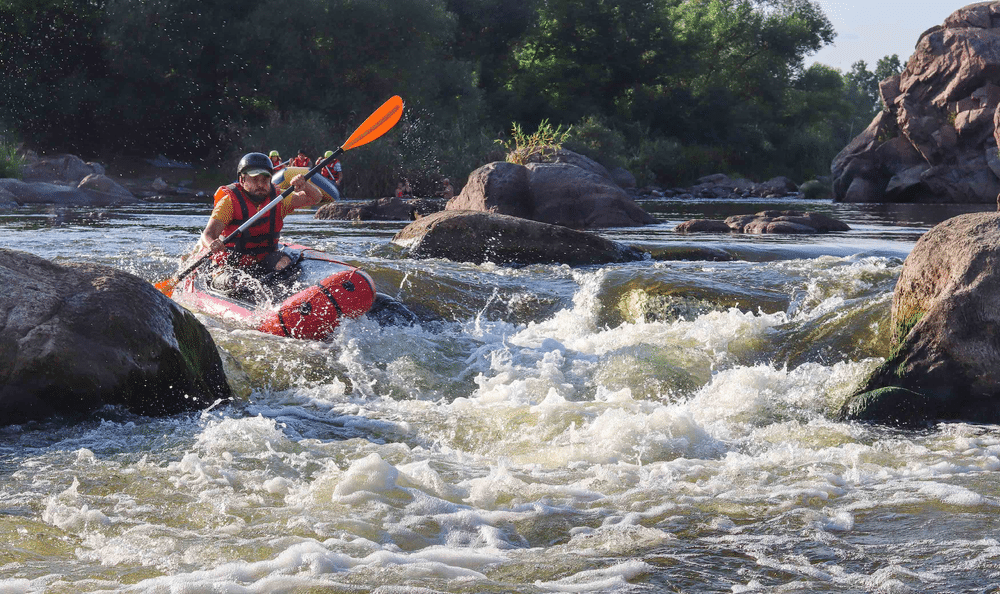
Non-Statutory Guidance
Where laws or regulation specifically addressing outdoor and adventure activities do not exist, industry associations step in to provide voluntary guidance. These voluntary standards often require that adventure activity leaders are suitably competent.
For example:
Association for Challenge Course Technology
ACCT’s Challenge Courses and Canopy/Zip Line Tours Standards require that a course must be designed by a qualified person, and that a course and its components be inspected by a competent person.
The standards require a professional inspection to be performed by a qualified person at least annually, and an ongoing monitoring system be implemented at an interval specified by a qualified person.
The standards also list other requirements, such as harnesses being selected by a qualified person, a qualified person determining necessary helmet standards, and training needing to be delivered by a qualified person.
Life safety systems, according to the standards, must be installed by a competent person.
Association for Experiential Education
AEE’s accreditation standards for experiential adventure programs specify that “program personnel are competent to teach and lead” activities the programs offer.
These activities include canoeing, kayaking, rafting, hiking, camping, backpacking, climbing, bicycle touring, mountain biking, caving, horseback riding, challenge course, and winter activities such as skiing and dog sledding.
The standards specify that “program personnel are hired or selected who are technically qualified to lead activities,” and that “program personnel are qualified to work with the populations they are instructing.”
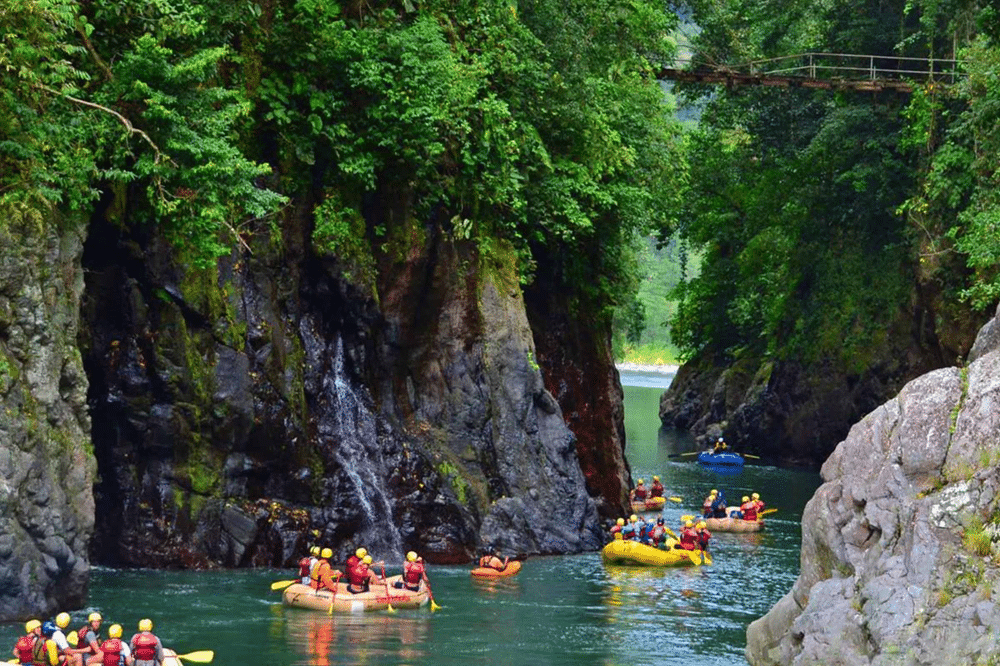
Singapore
Companies in Singapore offering outdoor adventure activities—or providing other services—are expected to conform to the Code of Practice on Workplace Safety and Health (WSH) Risk Management published by the Tripartite Alliance for Workplace Safety and Health of the Workplace Safety and Health Council.
This Approved Code of Practice (ACOP) specifies that the employer shall appoint a Risk Management Team Leader who “is competent for the task.” Training that may be used to attain competency is described.
According to the ACOP, exposure assessments conducted as part of a risk evaluation “should be conducted by competent persons.”
Climbing Wall Association
The CWA’s Artificial Climbing Structures (ACS) standard specifies that “the design of the ACS and its components shall be engineered or reviewed by a Qualified Person,” such as a registered architect or registered professional engineer.
The standard requires that the ACS and its components “shall be designed and built by a Competent Person,” such as an experienced designer or builder.
The CWA’s “Industry Practices: A Sourcebook for the Operation of Manufactured Climbing Walls” document states that inspection of PPE “should be conducted by a person competent to inspect the equipment.”
The document states that “an appropriate number of qualified staff members” should be present to supervise programs and respond to emergencies, and that “qualified staff” administer belay tests.
South Africa
The South African government’s Code of Practice for commercial zip line and aerial adventure parks specifies that “a competent person” inspect the zip line or aerial adventure park at least every 12 months.
Operators must receive training from a “suitably experienced competent person,” and trainees must be assessed by a competent person before being permitted to operate equipment.
Conclusion
Organizations providing outdoor, adventure, educational travel and similar experiences all around the world work hard to ensure that their staff have the knowledge, skills, abilities and values needed to do their job well.
Not all providers, however, think about the specific requirements to meet the “competent person” or “qualified person” standard for their jurisdiction and activity.
These requirements, however, are generally relatively straightforward to access from the relevant workplace safety regulator or activity-specific association.
In the case of the zipline where a rider plunged downhill to their death, the safety regulator said the death was preventable. In addition to being cited for a violation regarding a lack of inspection by a competent or qualified person, the operator was fined USD 27,306, and endured widespread bad publicity.
Organizations can prevent unnecessary injury and other harm to their customers, their staff, and the business itself by understanding and conforming to the laws and good practice standards regarding competent and qualified persons.



